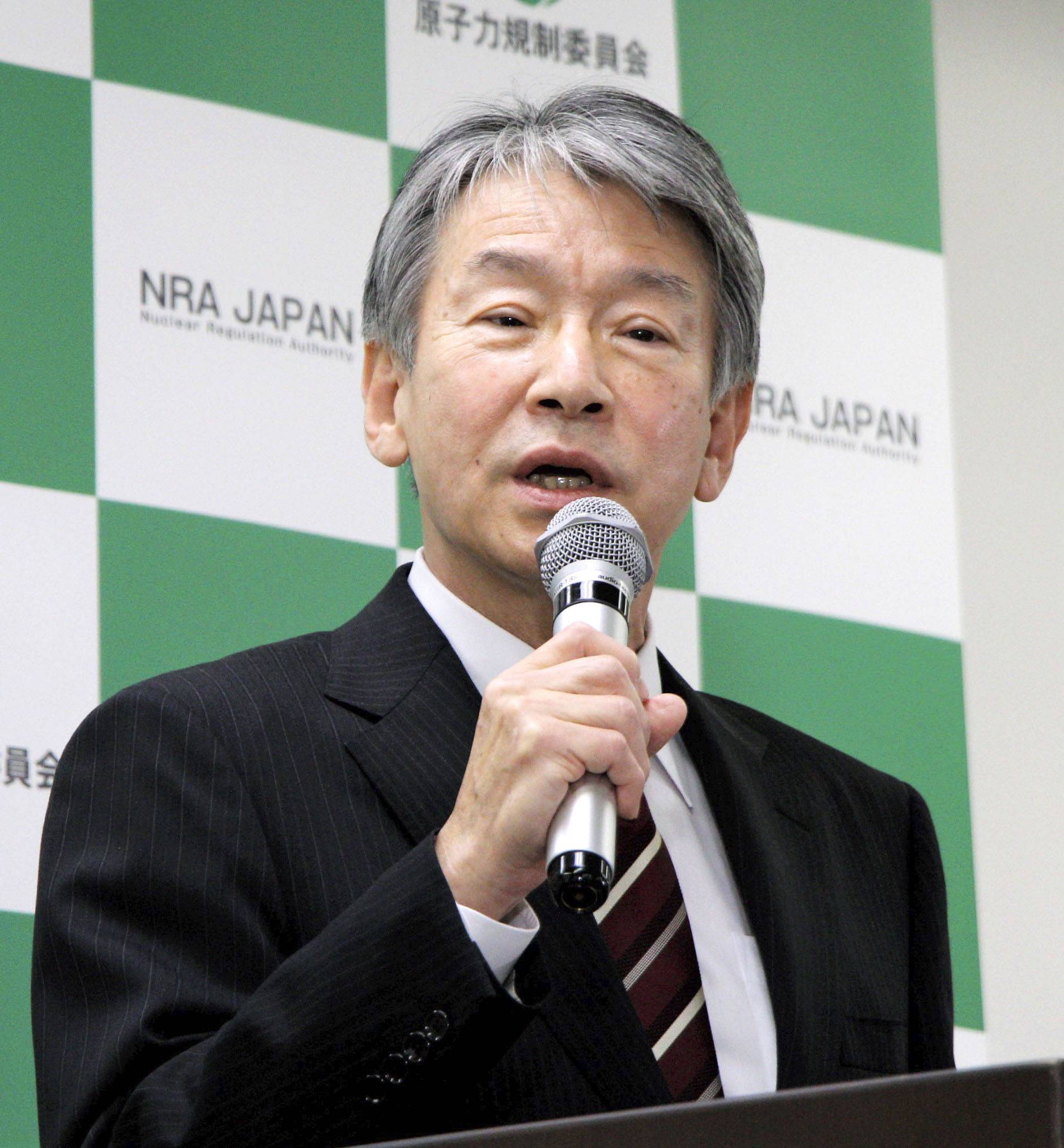 Japan’s Nuclear Regulation Authority (NRA) has approved new regulations that will allow reactors to operate longer than the previous limit of 60 years. The government aims to introduce implementing legislation during next year’s parliamentary session and is expected to cause heated debate between supporters and opponents of the move. NRA currently only allows utilities wishing to operate a reactor beyond 40 years to apply for a one-time 20-year extension provided that they satisfy enhanced safety measures.
Japan’s Nuclear Regulation Authority (NRA) has approved new regulations that will allow reactors to operate longer than the previous limit of 60 years. The government aims to introduce implementing legislation during next year’s parliamentary session and is expected to cause heated debate between supporters and opponents of the move. NRA currently only allows utilities wishing to operate a reactor beyond 40 years to apply for a one-time 20-year extension provided that they satisfy enhanced safety measures.
“After 30 years, plant operators will then have to submit every 10 years, plans on how they will deal with the ageing facilities they want to continue operating. Those plans will have to be approved by NRA, before the plant will be allowed to continue to operate,” NRA Chairman Shinsuke Yamanaka told a news conference.
Most of Japan’s power reactors remain offline since they were all closed in the wake of the 2011 Fukushima disaster. Of the original 60 units, only 10 have been restarted and seven others have received NRA approval to restart with final preparations underway. Another 10 reactors are undergoing safety inspections for restarts, and 24 reactors, including seven at the Fukushima Daiichi and Daiini plants, are undergoing decommissioning.
Of the 36 reactors not being decommissioned, four, including three operated by Kansai Electric Power Co in Fukui Prefecture and one operated by Japan Atomic Power Co (JAPC) in Ibaraki Prefecture, are over 40 years old. These include unit 3 at Kansai’s Mihama, the only reactor over 40 that is currently operating beyond the original 40-year limit. Units 1&2 at Kansai’s Takahama NPP (47 and 48 years old respectively) have received approval to restart and are undergoing final preparations. The 44-year-old unit 2 at JAPC’s Tokai NPP is also approved to resume operation.
The NRA decision followed a series of meetings held by the Ministry of Economy, Trade and Industry (Meti) and its Agency for Natural Resources and Energy, where reactor life extension was discussed.
Japan’s Prime Minister Fumio Kishida in August announced that from the summer of 2023 he wanted to bring another seven reactors back online, for a total of 17, as part of the government’s larger green transformation strategy. In addition, the government aims to have nuclear power provide 20%-22% of its electricity by fiscal 2030.
Image: NRA Chairman Shinsuke Yamanaka (courtesy of Japan Times)



